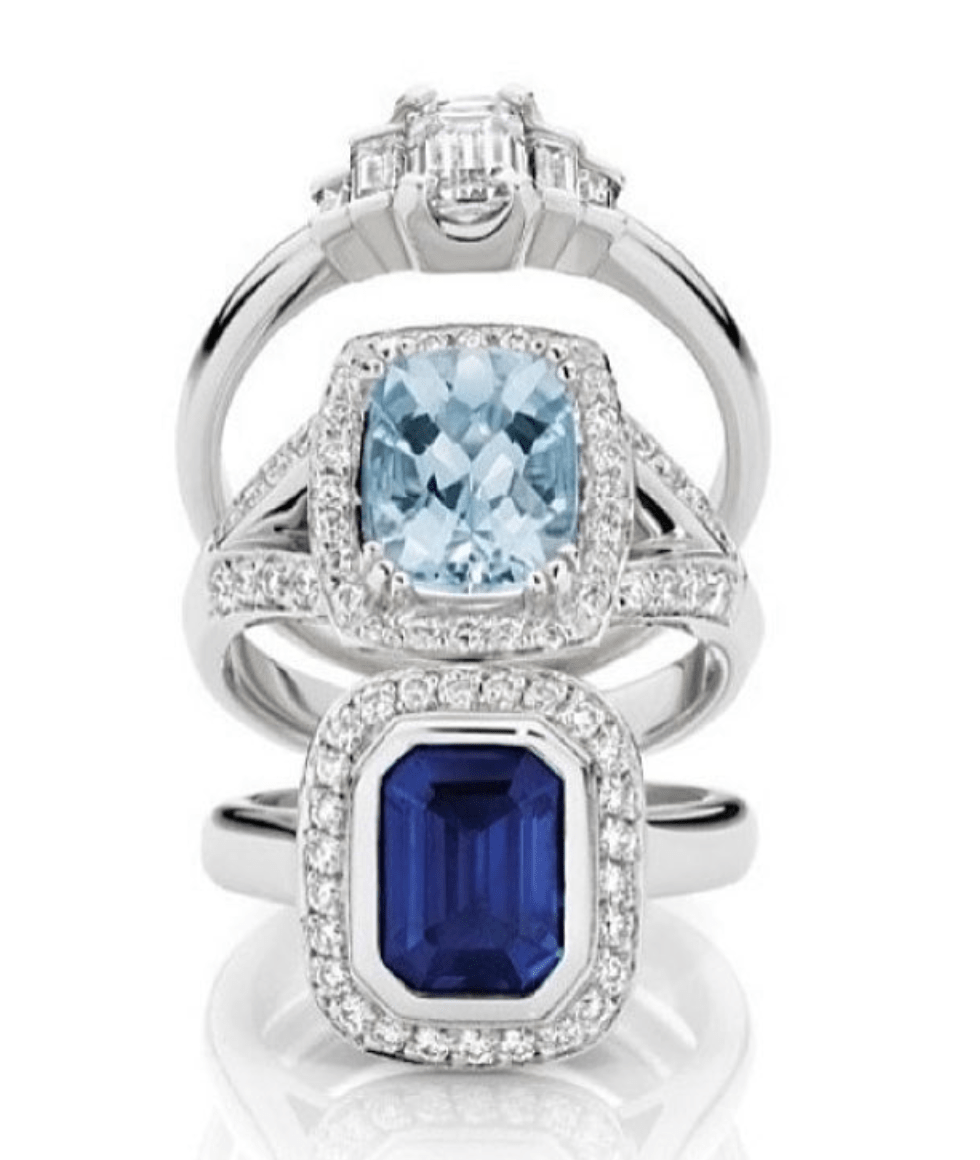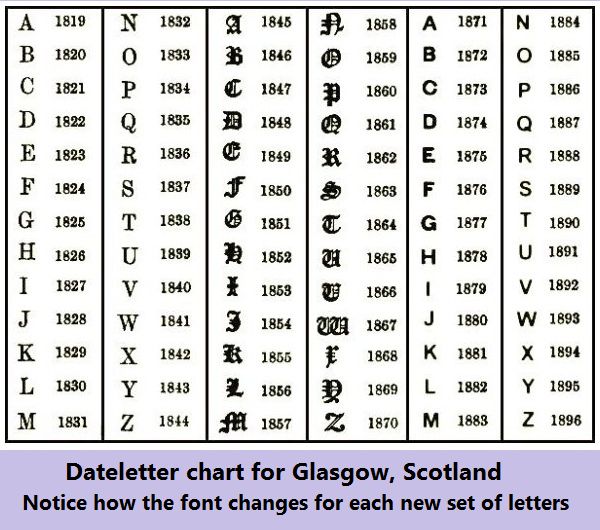The British Spelling of "Jewellery": A Guide to Proper Usage
Related Articles: The British Spelling of "Jewellery": A Guide to Proper Usage
Introduction
With great pleasure, we will explore the intriguing topic related to The British Spelling of "Jewellery": A Guide to Proper Usage. Let’s weave interesting information and offer fresh perspectives to the readers.
Table of Content
- 1 Related Articles: The British Spelling of "Jewellery": A Guide to Proper Usage
- 2 Introduction
- 3 The British Spelling of "Jewellery": A Guide to Proper Usage
- 3.1 The Historical Context: A Tale of Two Spellings
- 3.2 The Linguistic Rationale: A Matter of Tradition and Usage
- 3.3 The Practical Implications: A Matter of Clarity and Professionalism
- 3.4 FAQs on the Spelling of "Jewellery"
- 3.5 Tips for Using the Correct Spelling
- 3.6 Conclusion: A Matter of Clarity and Respect
- 4 Closure
The British Spelling of "Jewellery": A Guide to Proper Usage

The spelling of words can be a source of confusion, especially when dealing with variations between different English-speaking regions. One such word that often sparks debate is "jewelry," with its alternative British spelling "jewellery." This article aims to provide a comprehensive explanation of the correct British spelling, exploring its historical context, linguistic rationale, and practical implications.
The Historical Context: A Tale of Two Spellings
The variations in spelling between American and British English stem from a shared history, but diverging paths in linguistic evolution. While both forms of English originated from the same root, the divergence began in the 18th century, fueled by geographical separation and evolving linguistic norms. The American spelling system, influenced by Noah Webster’s influential dictionary, sought to simplify and regularize spelling, often favoring shorter forms. In contrast, British English retained more traditional spellings, often reflecting the influence of older French and Latin roots.
The word "jewelry" itself exemplifies this divergence. The American spelling, "jewelry," reflects a simplification of the word’s origin. The word "jewel" itself derives from the Old French "jouel," while the suffix "-ry" signifies a collection or group of something. In contrast, the British spelling, "jewellery," retains the original French spelling "jouel" and adds the suffix "-ery," which is more common in British English.
The Linguistic Rationale: A Matter of Tradition and Usage
The British spelling "jewellery" is not simply a matter of arbitrary preference. It reflects a deeper linguistic rationale rooted in the history of the English language and its evolving relationship with French. The use of the "-ery" suffix, instead of the "-ry" suffix, reflects a preference for retaining the more traditional French spelling of the word. This preference is not limited to the word "jewellery" but extends to a range of words, including "armoury," "grocery," and "drapery."
Furthermore, the British spelling "jewellery" is consistent with the general principle of retaining the original spelling of words derived from French, even if they have been adapted to fit English pronunciation. This principle is particularly evident in words related to art, fashion, and luxury, where the influence of French vocabulary and style is more pronounced.
The Practical Implications: A Matter of Clarity and Professionalism
Using the correct spelling in written communication is essential for maintaining clarity, professionalism, and credibility. While the use of "jewelry" is widely accepted in American English, using it in a British context may be perceived as incorrect or even unprofessional. Conversely, using "jewellery" in an American context might be seen as overly formal or pretentious.
Therefore, understanding the context of your audience and the intended purpose of your communication is crucial. In a British context, using "jewellery" is the preferred and more accurate spelling. In an American context, "jewelry" is the standard spelling. However, it is always advisable to be mindful of the audience and choose the spelling that best reflects the context of your communication.
FAQs on the Spelling of "Jewellery"
Q: Is "jewellery" the only correct spelling in British English?
A: While "jewellery" is the most common and preferred spelling in British English, "jewelry" is occasionally used, particularly in informal contexts or when referring to specific types of jewelry, such as "costume jewelry." However, "jewellery" remains the standard and more formal spelling in British English.
Q: Is "jewellery" considered archaic or outdated?
A: No, "jewellery" is not archaic or outdated. It is a perfectly valid and widely used spelling in British English. In fact, it is considered the more correct spelling by most British style guides and dictionaries.
Q: Should I use "jewellery" when writing for an international audience?
A: When writing for an international audience, it is generally advisable to use the spelling that is most common in the target language. For example, if writing for an American audience, "jewelry" would be the appropriate spelling. However, if writing for a wider international audience, using "jewellery" might be a more inclusive approach, as it is recognized in both British and Commonwealth English.
Tips for Using the Correct Spelling
- Consult a reputable dictionary: When in doubt, always refer to a reputable dictionary, such as the Oxford English Dictionary or the Merriam-Webster Dictionary. These dictionaries provide comprehensive information on the correct spelling of words, including regional variations.
- Consider the context: Before using either spelling, consider the context of your communication. If writing for a British audience, "jewellery" is the preferred spelling. If writing for an American audience, "jewelry" is the standard spelling.
- Use spellcheckers and grammar checkers: Most word processing programs and online writing tools have built-in spellcheckers and grammar checkers that can help identify potential spelling errors. However, it is important to note that these tools may not always be reliable, especially when dealing with regional variations in spelling.
- Be consistent: Once you have chosen a spelling, be consistent throughout your writing. Switching between "jewellery" and "jewelry" can be confusing for your readers and detract from the professionalism of your communication.
Conclusion: A Matter of Clarity and Respect
Understanding the nuances of spelling variations between different English dialects is crucial for effective communication. Using the correct spelling, especially in a professional context, reflects respect for linguistic norms and enhances the clarity and credibility of your communication. While both "jewellery" and "jewelry" are valid spellings, understanding the context and audience is paramount for choosing the most appropriate spelling. By adhering to these principles, you can ensure that your writing is clear, professional, and respectful of the linguistic diversity of the English language.








Closure
Thus, we hope this article has provided valuable insights into The British Spelling of "Jewellery": A Guide to Proper Usage. We hope you find this article informative and beneficial. See you in our next article!